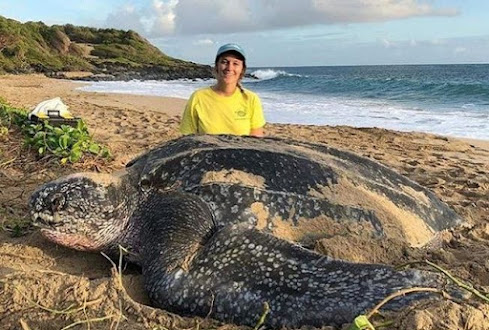How do you protect yourself from risks as you grow your knowledge and experiences? Here are some tips for protecting yourself as you move into volunteer or paid roles in the veterinary profession while still a veterinary student.
- Be sure to investigate Covid 19 guidelines for both the area you will be visiting as well as the practice. Some practices may require quarantine, testing or vaccination prior to arrival. Be sure to investigate Covid 19 guidelines for both the area you will be visiting as well as the practice. Some practices may require quarantine, testing or vaccination prior to arrival.
- What am I able to do while participating on an externship or as a volunteer? Take time to review the state practice act where you will be working or volunteering. Know what veterinary students are allowed to do and the level of supervision required.
- What happens if I get sick or hurt while away? Be sure to share emergency contacts with the practice or externship coordinator. It is essential that you let someone know if you have been hurt while working right away. This will allow you to receive the most appropriate care. Do not attempt to power through an injury or illness. This may put you at risk of further injury or others at risk of becoming ill. Health Insurance is your first line of defense in the event that you become sick or injured. All students should carry health insurance. If you have not yet turned 26, you may be eligible to be covered under a parent’s health insurance. Check with them to see if this is an affordable option. Many of the colleges offer health insurance programs. e sure that you understand what the coverage provides if you will be away from campus. Individual health insurance can also be purchased through the state or a federal health insurance marketplace. To find coverage in your state go to www.Healthcare.gov to learn about options available. Enrollment is limited to those who have had a change such as graduation, change in job status, or have lost previous coverage. If you are traveling for an experience outside of your home country, be sure to look into travel insurance.
- What if I am injured and can’t return to school? Disability Insurance responds in the case of a covered illness or injury that may result in an extended absence from school and work. Disability Insurance provides income replacement in the event that you suffer a covered injury or illness. If you were unable to return to school, disability insurance may provide you with payment to help offset your continued living expenses.
- What if I make a medical or surgical error? Even as a veterinary student, you may be held accountable in the event of a medical error. Practicing good medicine under the supervision of your veterinary mentor will help you develop the best skills. Mistakes can happen. In the event that an error occurs, report it to the supervising veterinarian immediately. Many errors can be addressed if noted right away. Admitting to a medical mistake does not mean that you are incompetent or will not be a successful veterinarian. After notifying the supervising veterinarian, help to provide the best care for the patient possible. A medical error does not mean that you are not able to become a good veterinarian. Learning from the error and discussing what can be done to reduce the risk in the future will help you develop into a strong doctor. Ask the supervising veterinarian to sit down and talk with you about what happened. Take a moment to check in with yourself about how you are feeling. These situations can rattle our professional identity and you may want to consider talking with your counseling service from school. Many counseling centers can do remote phone or video appointments. Taking time to reflect and learn from an error will make you the best veterinarian that you can be.

